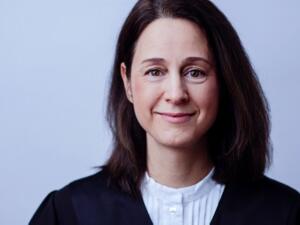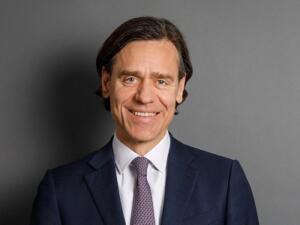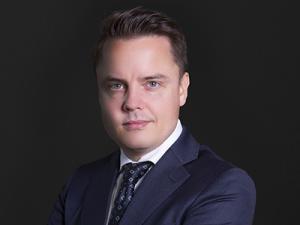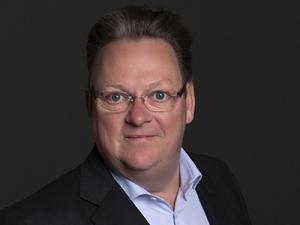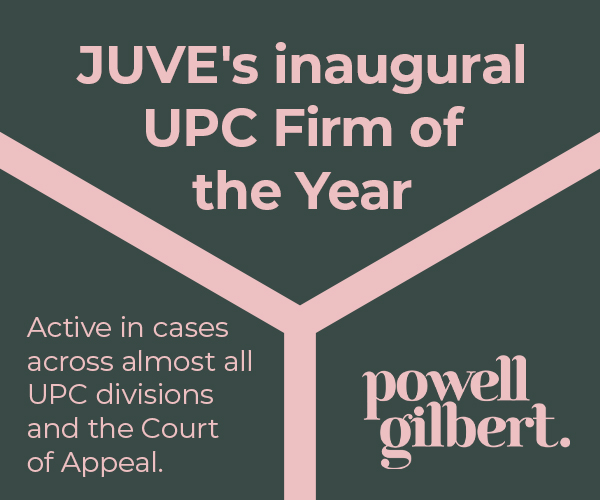Ortovox’s settlement with Mammut shows UPC’s reputation as a catalyst for settlements grows
Two more high-profile disputes have recently been resolved outside the courtroom: Ortovox vs Mammut and Plant-e vs Arkyne. These cases underscore the UPC's increasing influence in driving parties towards amicable resolutions, even in complex, multi-jurisdictional patent disputes.
30 June 2025 by Konstanze Richter
A significant number of UPC disputes have concluded with a settlement since the start of the year. Following Roche’s resolution with Tandem Vital Aire and other defendants earlier this month, two more notable disputes have now reached their conclusion.
Outdoor equipment manufacturers Mammut and Ortovox have now withdrawn their respective appeals against a judgment by the Düsseldorf local division. The two parties reached a settlement, thus ending their dispute over avalanche rescue devices, which had played out not only at the UPC but also in Switzerland.
An avalanche of PIs
By the time they reached a settlement, the parties had weathered numerous preliminary injunctions. The dispute began when Düsseldorf local division banned Mammut from selling its Barryvox avalanche rescue devices in Austria and Germany via an ex-parte PI in December 2023. Ortovox claimed the devices infringed EP 3 466 498, which protects a method of operation and search device for avalanche victims. The patent owner enforced the judgment immediately.
In April 2024, Mammut failed to overturn the ex-parte PI. In September, the Court of Appeal in Luxembourg upheld the sales ban against Mammut’s products. It was the first PI to survive both UPC instances.
Earlier this year, Ortovox obtained a permanent injunction against Mammut from the Düsseldorf local division. The UPC panel, under presiding judge Ronny Thomas, permanently enjoined the Swiss outdoor equipment supplier from selling its Barryvox devices in Austria and Germany for infringing Ortovox’s EP 498 (case ID: UPC_CFI_16/2024). The court rejected Mammut’s counterclaim for revocation.
However, a month later, in mid-February, the Swiss Federal Patent Court in Zurich only partially upheld Ortovox’s EP 498.
Both sides stand down
Now both parties have settled and withdrawn their appeals in the UPC proceedings. The settlement ends both the UPC proceedings and the dispute in Switzerland.
Kather Augenstein partner Miriam Kiefer and patent attorney Michael Siebel from IP firm Hofstetter Schurack & Partner represented Ortovox in the PI proceedings. In the Swiss proceedings, lawyers Markus Frick and Manuel Bigler from Walder Wyss led the Federal Patent Court proceedings for Ortovox.
- Miriam Kiefer
- Oliver Jüngst
Mammut relied on the team from Bird & Bird under lead partner Oliver Jüngst and Basel-based patent attorney Fabian Leimgruber from ThomannFischer in all proceedings. The latter also led the patent challenge in Switzerland alongside lawyer Claudia Erbsmehl, with both also involved in the UPC proceedings.
Let there be light
The dispute between Plant-e Knowledge and Arkyne has also recently come to an amicable end. In November last year, the local division The Hague had banned Arkyne from selling its Bioo Panel, Bioo Ed or Bioo Bench products in Benelux, France, Germany and Italy (case IDs: UPC_CoA_46/2025 and UPC_CoA_48/2025).
At the centre of the dispute between Plant-e and Arkyne Technologies was Plant-e’s EP 2 137 782 B1. It protects a device and method for converting light energy into electrical energy. The patent in dispute is valid across Belgium, Germany, France, Ireland, Italy, Luxembourg, Spain, the Netherlands, and the UK.
The Dutch spin-off of Wageningen University accused its Spanish competitor Arkyne of infringing the patent. “Plant-e develops products where living plants generate electricity,” writes the company on its website. “This technology, originally discovered at Dutch Wageningen University, has since been further developed within Plant-e. With our power source the company can produce electricity continuously, day and night, for many decades for low-power applications, such as sensors and lighting.”
Counterclaim dismissed
Arkyne operates under the trade name Bioo and filed a counterclaim for revocation against EP 782 at the UPC. The local division not only held that Arkyne had infringed the patent at issue and granted an injunction but also rejected the counterclaim for revocation.
Arkyne sells lighting products under the Bioo brand. However, the Barcelona-based company is not just interested in selling individual products, but in the “creation of the next biotech city through unique technologies powered by nature”.
Last week, the UPC Court of Appeal issued a decision confirming the parties had reached a settlement.
- Oscar Lamme
- Johan Renes
A mixed team from the Dutch and German offices of Simmons & Simmons litigated the case for Plant-e. Amsterdam-based partner Oscar Lamme and patent attorney Johan Renes took the lead. The latter has meanwhile moved to Plasseraud.
Arkyne Technologies relied on a team led by lawyer Alfred Meijboom, who is of counsel at Dutch full-service firm Kennedy Van der Laan. According to JUVE Patent information, Barcelona-based partner Xavier Fabrega at global law firm DWF was also involved. Patent attorneys Patrick Busch and Wouter Mooij from Dutch patent attorney firm De Vries & Metman advised on technical matters.
